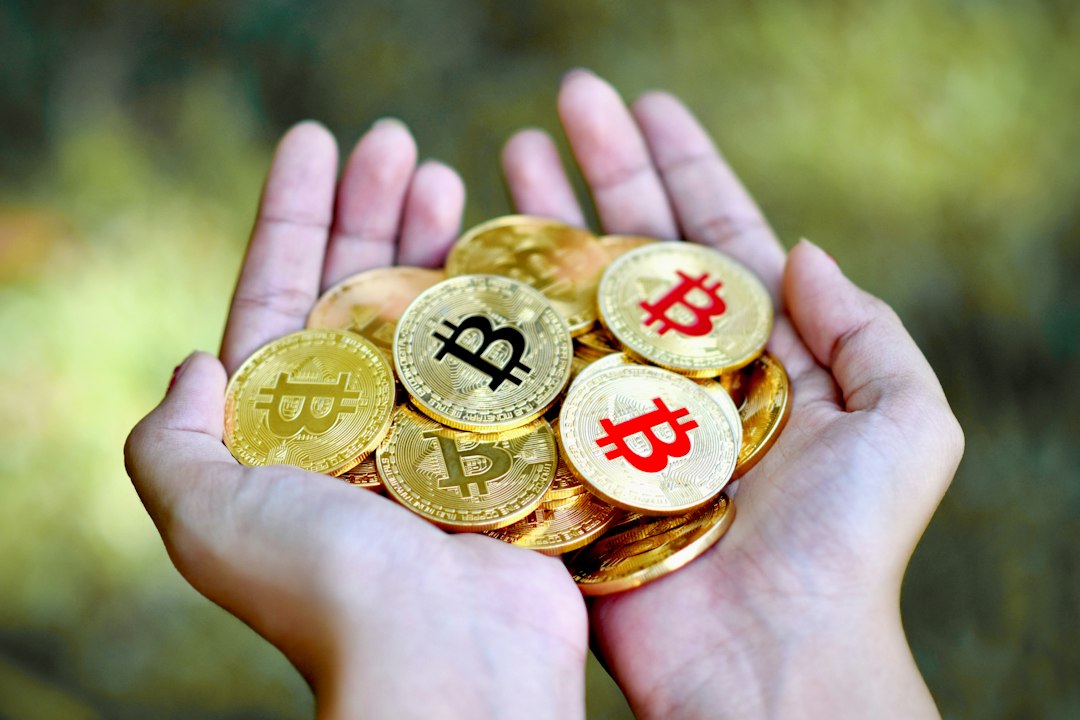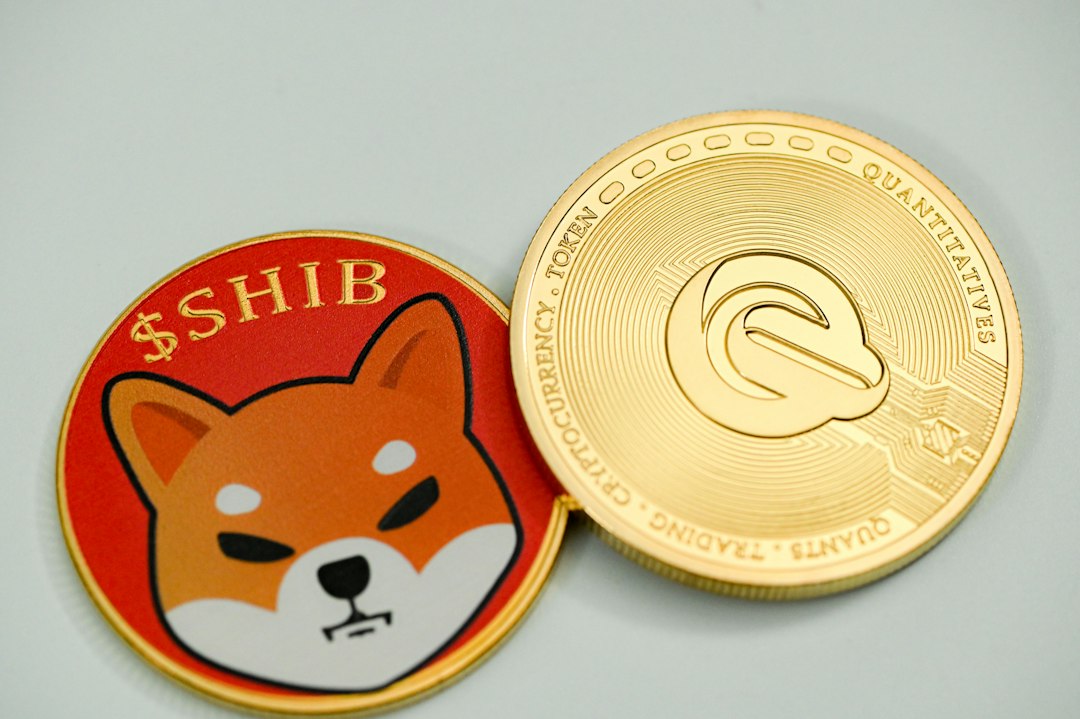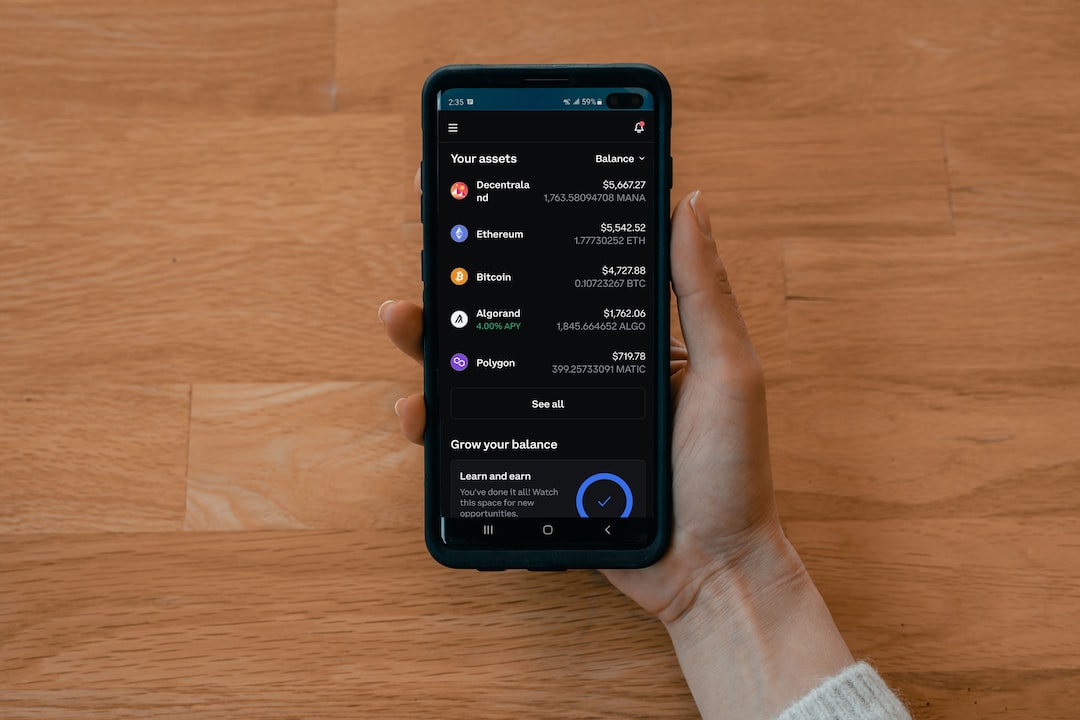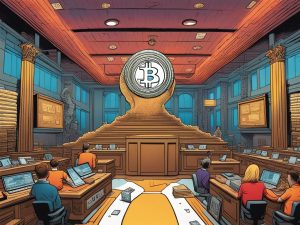Ripple’s Intrinsic Value Debate: Attorney Deaton Responds to Critic
In the ongoing debate on Ripple (XRP) and its intrinsic value, attorney Deaton’s response to Australian-based lawyer Bill Morgan’s criticism of the U.S. Securities and Exchange Commission’s (SEC) stance has sparked further discussion. The central point of contention lies in whether XRP possesses intrinsic value, a question that holds significant implications for the regulatory classification of the cryptocurrency.
Key Points:
- Morgan criticizes the SEC for claiming that XRP lacks intrinsic value.
- The SEC’s stance on XRP’s intrinsic value is important for determining its classification as a security.
- Deaton advocates for a reevaluation of the Howey test, which determines if a transaction qualifies as an investment contract.
- Deaton argues that the essence of the Howey test is determining if a scheme involves investing money in a joint venture with profits derived solely from the efforts of others.
- Deaton mentions former SEC director Bill Hinman’s testimony in the Ripple case, stating that the SEC doesn’t need to fulfill all aspects of the Howey test to establish an investment contract.
Hot Take: The debate surrounding Ripple’s intrinsic value raises important questions about the regulatory classification of cryptocurrencies. Attorney Deaton’s response challenges the SEC’s stance and calls for a reevaluation of the Howey test. This ongoing discussion will likely have significant implications for the future of Ripple and the broader cryptocurrency market.





 By
By
 By
By
 By
By

 By
By